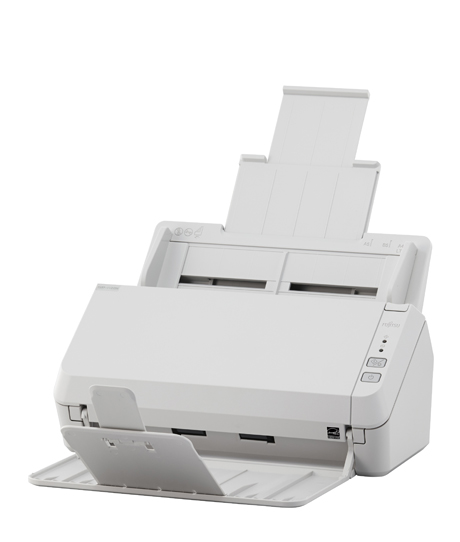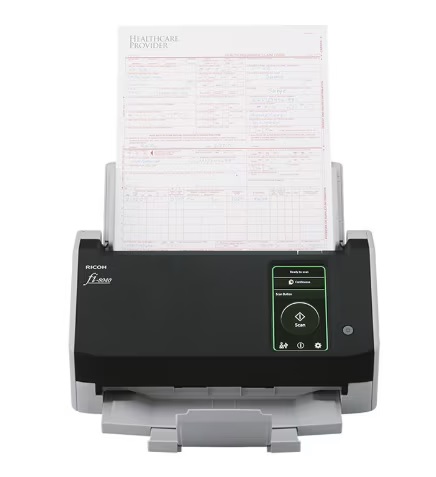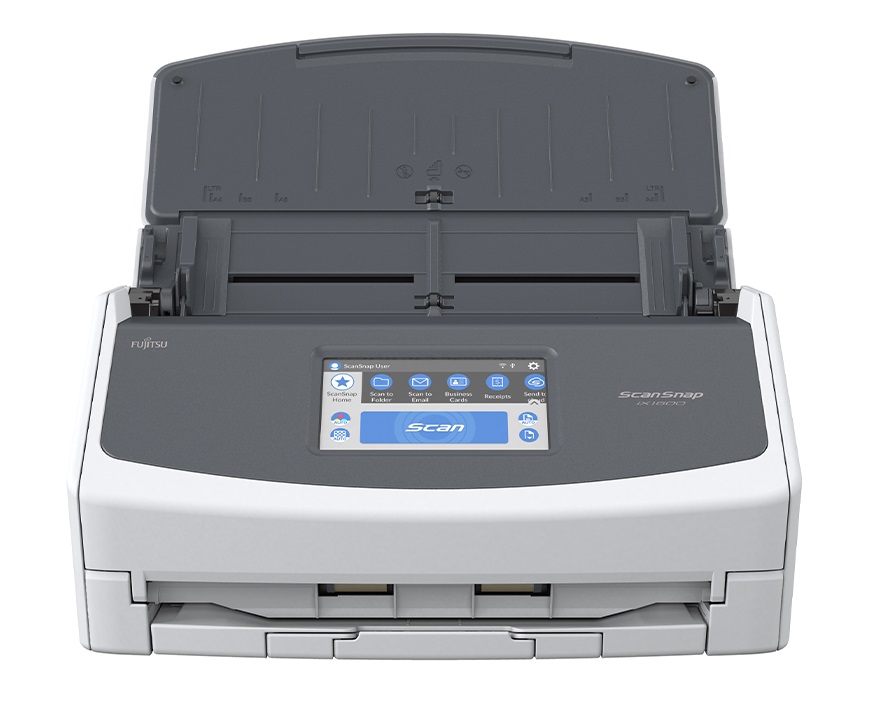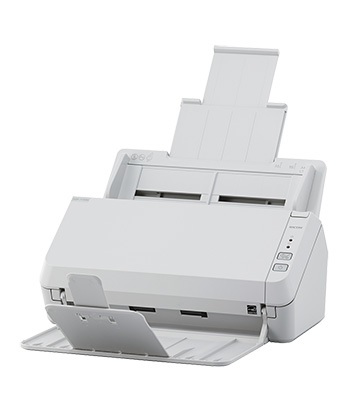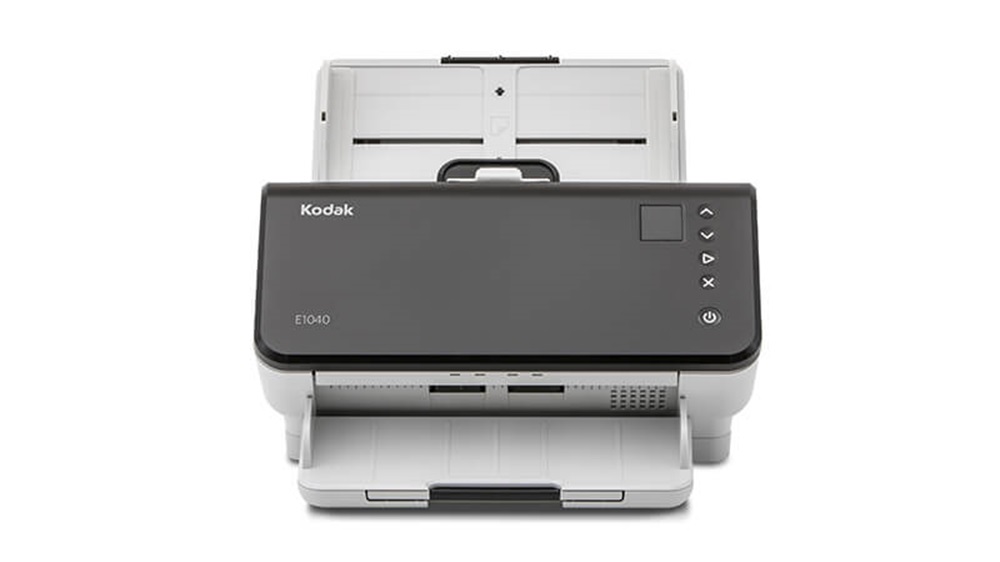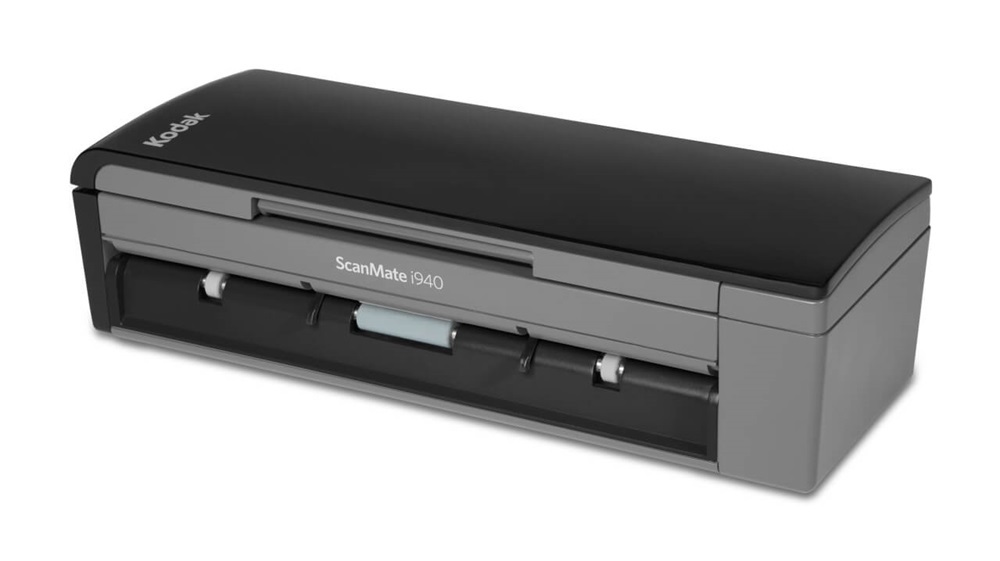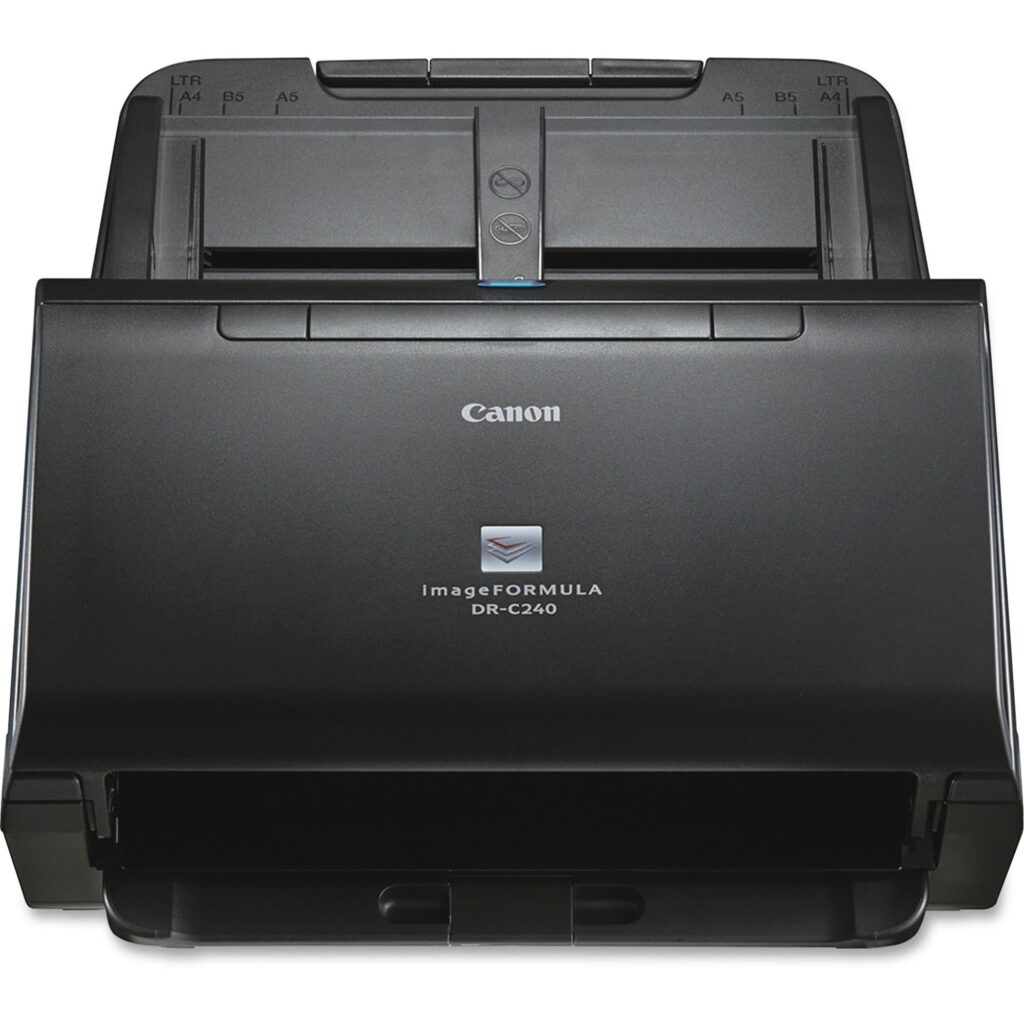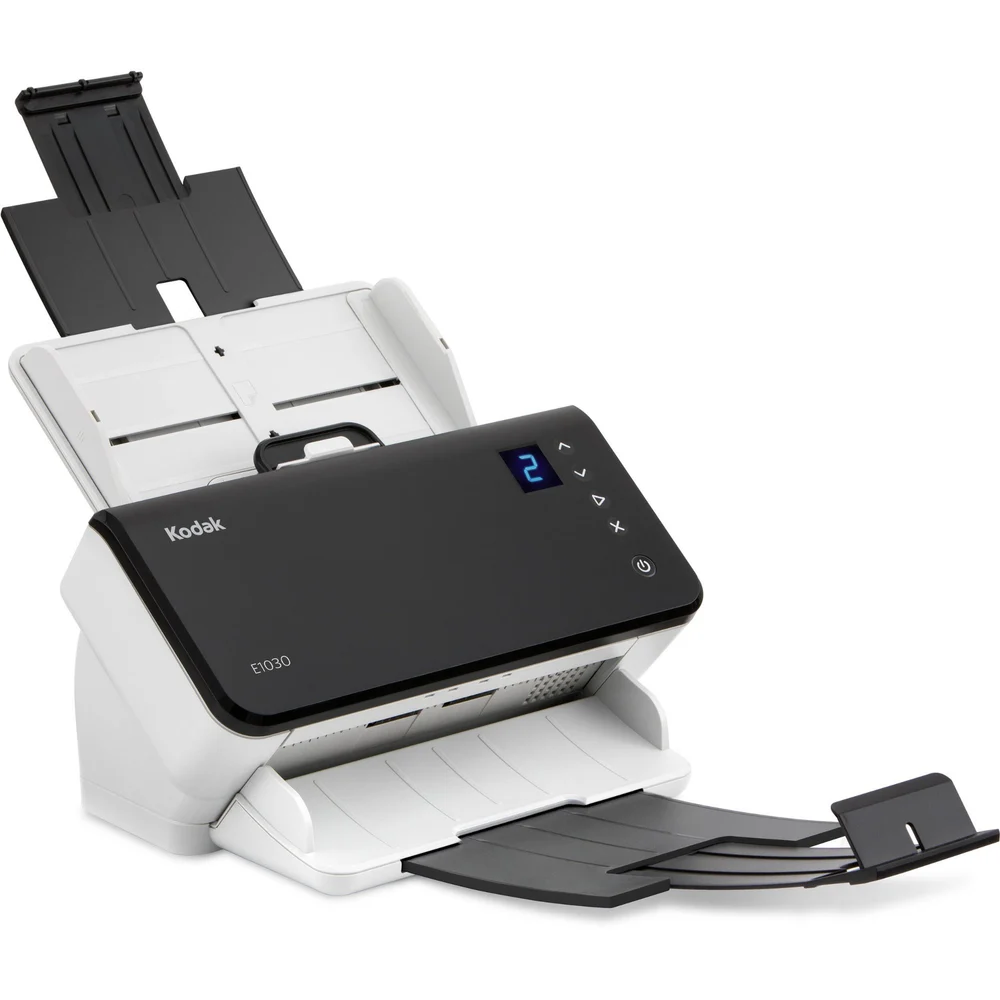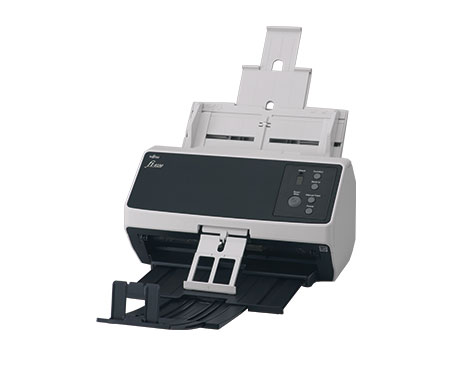Legal Services
Legal Services
In the legal services sector, document scanners are essential for digitizing case files, contracts, evidence records, and client documents. They help law firms and legal departments organize large volumes of paperwork, improve data retrieval, and ensure secure storage. By streamlining document management, scanners support faster case preparation, better collaboration, and enhanced compliance with confidentiality standards.
- Efficient Document Management
- Space and Cost Savings
- Improved Accessibility and Efficiency
- Document Security and Confidentiality
- Faster Client Service
- OCR (Optical Character Recognition) for Searchable Text
- Compliance and Regulatory Requirements
- Collaboration and Remote Access
- Enhanced Document Retention and Archiving
- Improved Client Onboarding and KYC (Know Your Client)
- Time and Cost Efficiency in Billing
- Efficient Court Filings and Submissions
- Long-Term Preservation and Archiving
Legal firms deal with numerous documents, including contracts, legal briefs, court filings, and evidence. Scanning allows these physical documents to be converted into digital files, enabling faster access, organization, and retrieval. Digital records can be indexed, categorized, and stored in a way that allows easy searching and access, streamlining document management.
Physical storage of legal documents requires significant space, often in large filing cabinets or storage rooms. By scanning and digitizing documents, law firms can drastically reduce the need for physical storage, freeing up valuable office space and cutting costs associated with paper, filing, and physical storage systems.
Scanning documents makes it easier for legal professionals to access information quickly. Lawyers and staff can retrieve case files, evidence, and legal documents instantly from a computer or cloud system, improving the overall workflow and reducing the time spent searching for physical documents. This increased efficiency helps legal firms meet tight deadlines and handle cases more effectively.
Legal documents often contain sensitive client information. Digitizing these documents enhances security by enabling encryption, password protection, and secure cloud storage. Access to sensitive documents can be restricted to authorized personnel only, ensuring compliance with privacy laws and confidentiality agreements.
In the legal industry, time is of the essence, and clients expect prompt service. With digitized files, lawyers can quickly locate and review relevant documents, speeding up the preparation of legal documents and improving response times to client inquiries. This leads to faster case resolutions and better client satisfaction.
OCR technology converts scanned documents into machine-readable text, allowing legal professionals to search documents for specific keywords or phrases. This is especially useful for large volumes of case files, legal precedents, and research materials, where manually finding a particular reference could take a long time.
Legal firms must adhere to strict compliance and regulatory standards regarding document retention and confidentiality. Digitizing documents ensures that legal records are stored and managed in a compliant manner. Digital records can be organized with timestamps and audit trails, which helps maintain compliance with regulations and protects against potential legal risks.
Legal teams often need to collaborate on case files or documents, especially in larger firms or for complex cases. By scanning and digitizing documents, lawyers can share files electronically with other team members, clients, or external experts, even if they are working remotely or across different locations. This collaboration is made more efficient through cloud storage and document-sharing platforms.
Legal firms must retain documents for many years, depending on the case or legal requirements. Scanning and digitizing documents allow for better archiving of these records, ensuring they are securely stored and easy to retrieve. Digital archives also eliminate the risks associated with physical document degradation over time, such as fading ink or damaged paper.
Legal firms often need to collect identification documents, proof of address, and other sensitive information from clients as part of the KYC process. Scanning these documents allows for quick, secure, and accurate digital storage, making the client onboarding process faster and more efficient.
Legal services are often billed based on time spent on tasks like reviewing case files, drafting documents, or consulting with clients. Scanning and digitizing documents can streamline time-tracking and document review, reducing inefficiencies. Legal professionals can also refer to scanned documents when drafting invoices, ensuring accurate billing for the work performed.
Lorem ipsum dolor sit
Many legal jurisdictions now require electronic filings for court cases, which involves submitting documents in digital formats. Scanning paper documents allows law firms to quickly convert them into formats suitable for e-filing systems. This not only speeds up the filing process but also helps avoid errors that can arise from manually filling out forms or submitting incorrect physical copies.
Legal documents, especially for older or ongoing cases, need to be preserved for long periods. Scanning and storing documents digitally ensures they remain legible and intact, even as paper degrades over time. Digital archiving helps firms maintain a record of past cases, precedents, and evidence that can be easily accessed in the future.
Additional Resources
Document scanners are invaluable tools for legal services because they enhance the efficiency, security, and organization of legal documents. By digitizing records, law firms can improve document management, streamline workflows, ensure compliance, and provide faster, more accurate service to clients. Scanning also protects legal documents from physical damage and provides a more secure, scalable solution for long-term document storage and retrieval.



